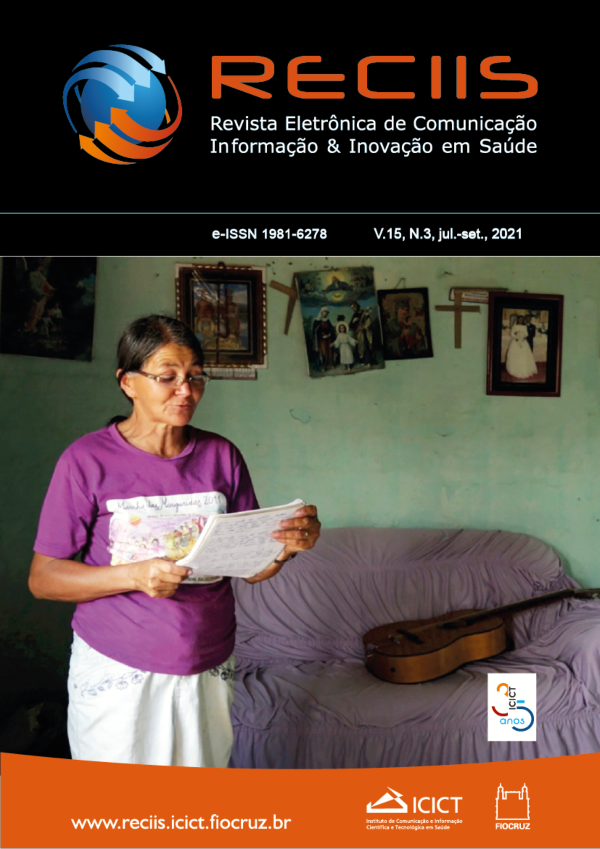Gender and politics: gender equality and sexual diversity in the crisis of democracy
DOI:
https://doi.org/10.29397/reciis.v15i3.2447Keywords:
Democracy, Genres, Policy, Caution, Feminisms.Abstract
“The issue that runs through everything I do are the disputes over the very meaning of democracy.” It is with these words that the researcher Flávia Biroli understands her path in science. In an interview for Reciis, she comments on her research that permeated the interface between communication and politics and her most recent studies on gender and democracy. Biroli discusses what she calls neoconservatism, which occurs through alliances of different conservative actors on a transnational scale, which act against the agendas of gender equality and sexual diversity. Such actions use the moral dimension and traditional ‘family’ values to justify promoting processes of erosion of democracy. In relation to feminisms, Biroli states that, both in academic and political expression, the intersectional diagnosis of gender oppression is paramount to understanding and to performing social and political solidarities. In the pandemic context, Biroli discusses its effects on women, who are more responsible for care practices. In her point of view, thinking about ways of social organization that take into account relations of dependency and vulnerability is also thinking about the formation of a fairer and more sustainable society. Flávia Biroli is an associate professor at the Institute of Political Science at the University of Brasília (UnB).
Downloads
Published
How to Cite
Issue
Section
License
Author’s rights: The author retains unrestricted rights over his work.
Rights to reuse: Reciis adopts the Creative Commons License, CC BY-NC non-commercial attribution according to the Policy on Open Access to Knowledge by Oswaldo Cruz Foundation. With this license, access, download, copy, print, share, reuse, and distribution of articles is allowed, provided that it is for non-commercial use and with source citation, granting proper authorship credits and reference to Reciis. In such cases, no permission is required from the authors or editors.
Rights of authors’s deposit / self-archiving: The authors are encouraged to deposit the published version, along with the link of their article in Reciis, in institutional repositories.












